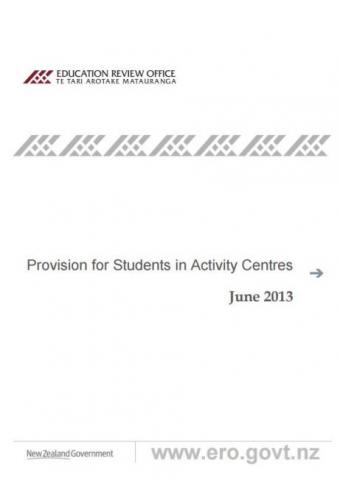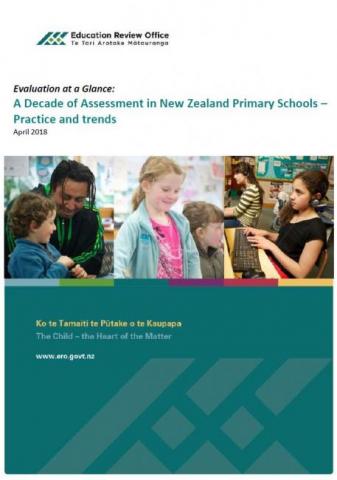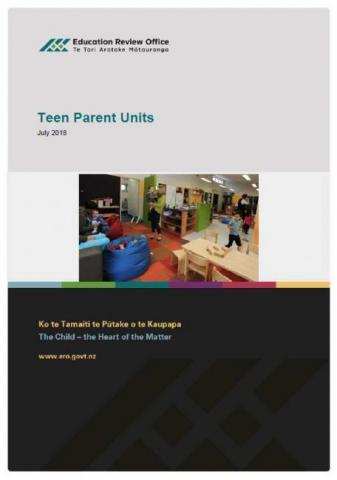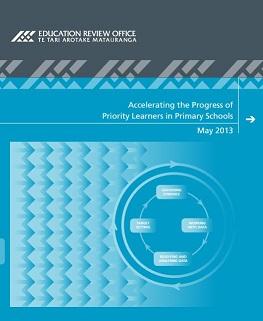Provision for Students in Activity Centres
Published: 25 Sep 2018
There are 14 activity centres in New Zealand that cater for secondary school students (Years 9 ‑ 13) who are at risk of disengaging from mainstream schooling and at risk of low educational, social and vocational outcomes. Activity centres are established by agreement of the Minister of Education. Priority is given to those students whose behaviour is likely to impede their own learning and the learning of others, and who are most likely to benefit from the programme.
- Audience:
- Education
- Parents
- Schools
- Content type:
- Research
- Topics:
- Activity Centres
- Alternative education (AE)
- Te Aho o Te Kura Pounamu
- Mental health










